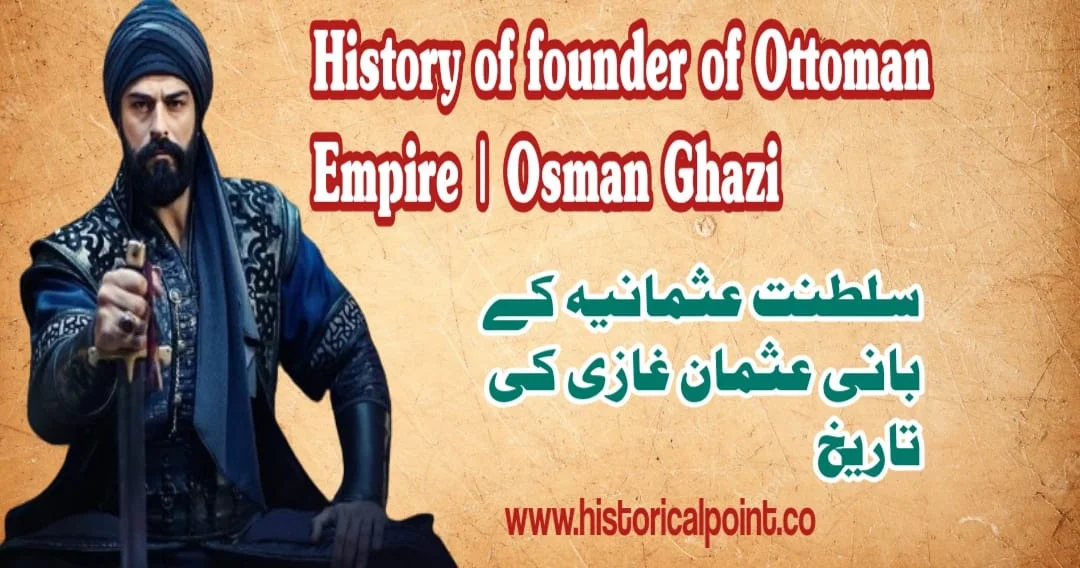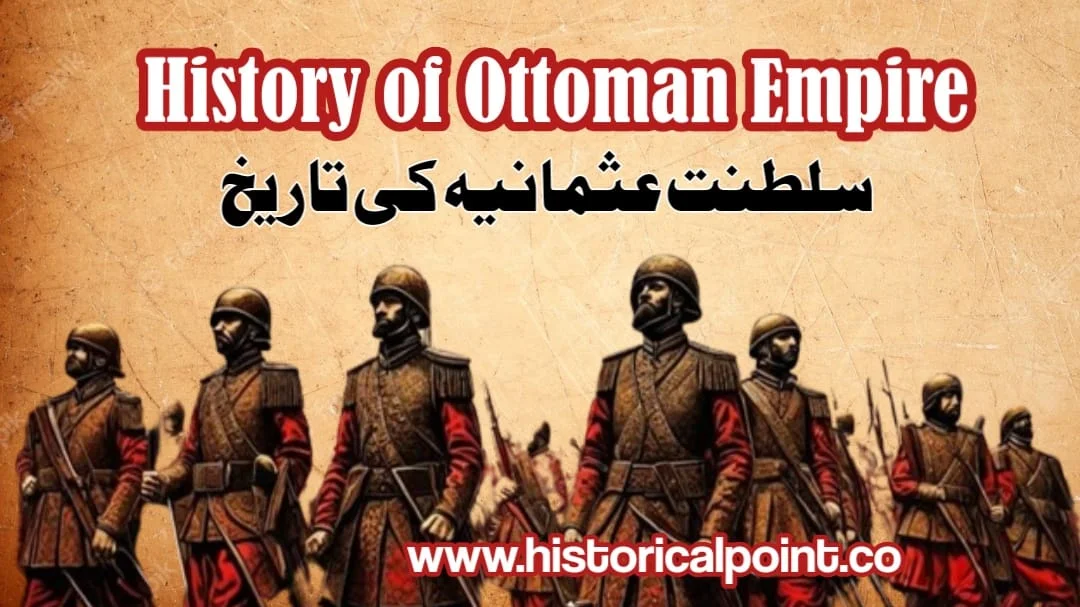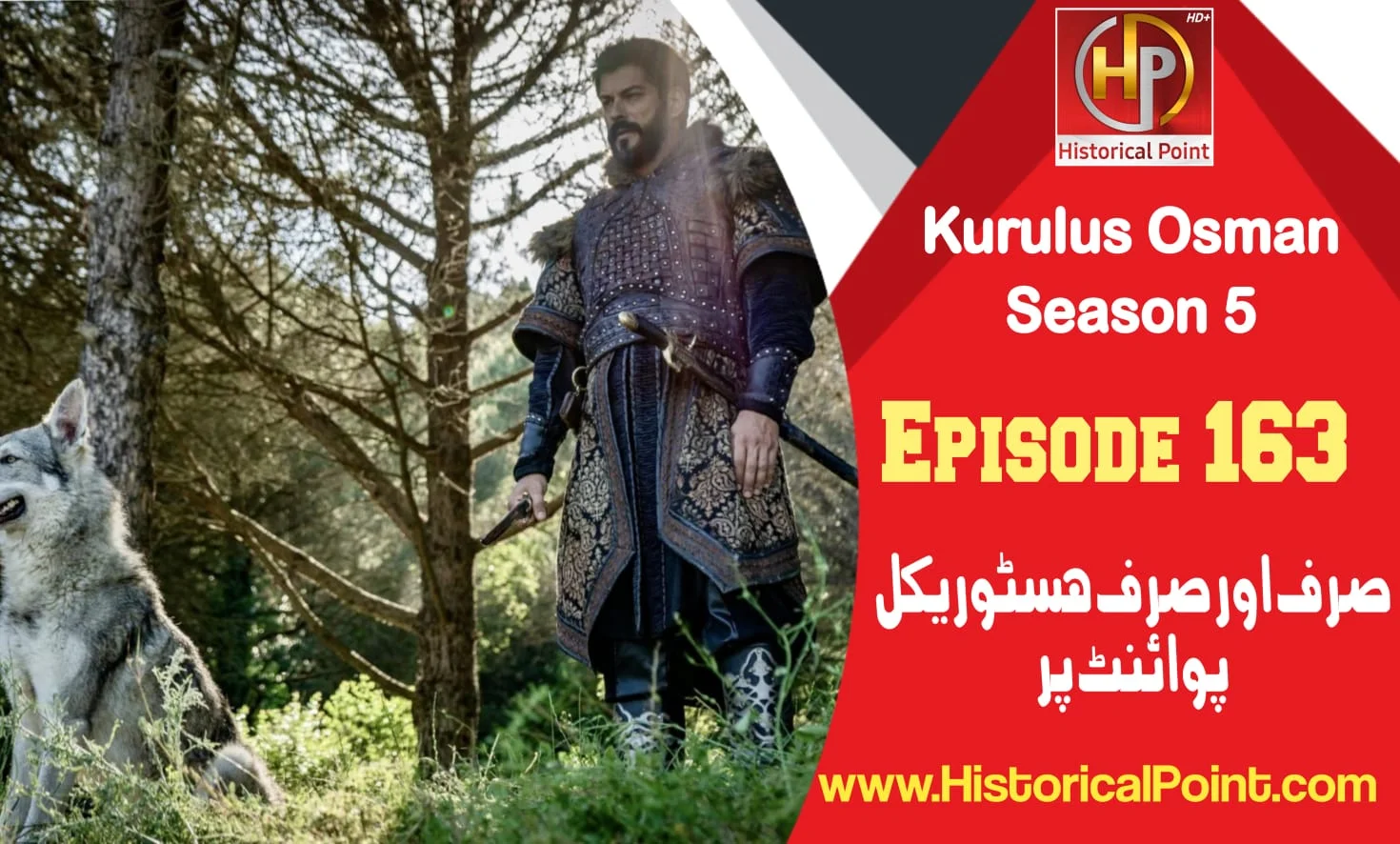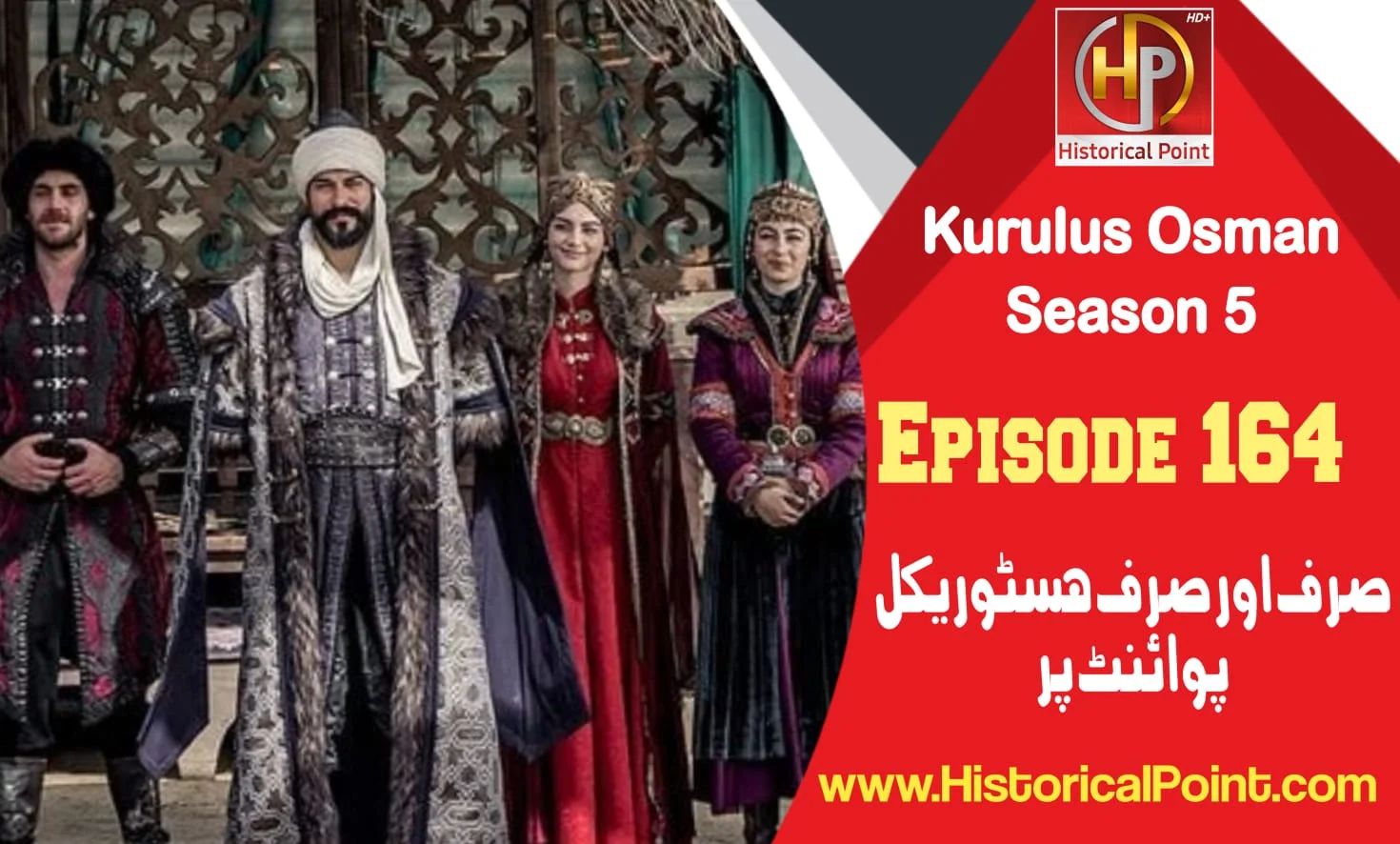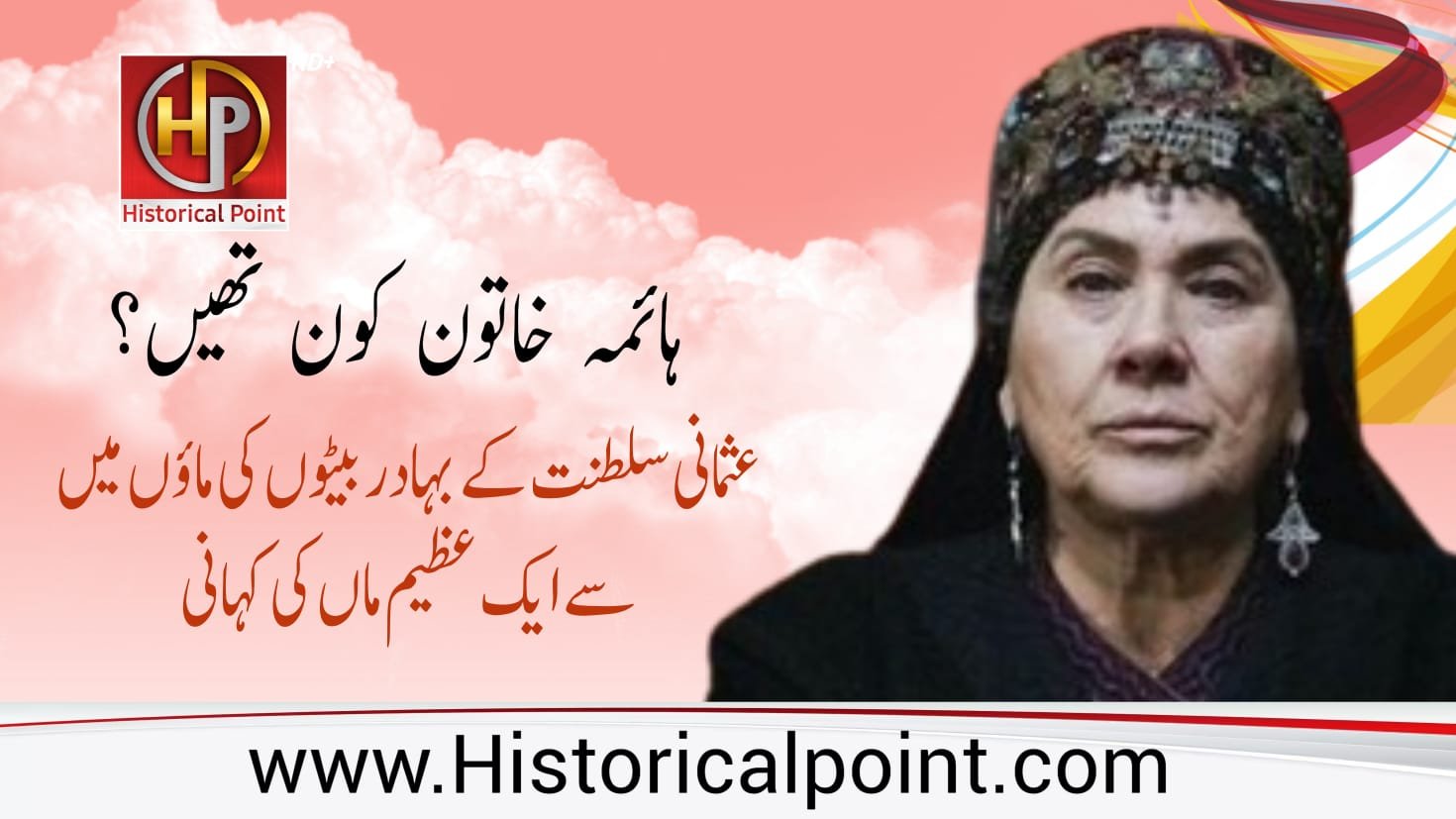
Haima Khatun, also known as Hayme Ana, was a significant figure in the early history of the Ottoman Empire. As the wife of Suleiman Shah and the mother of Ertugrul, who fathered Osman I, the founder of the Ottoman Empire, she played a crucial role in shaping the destiny of one of the world’s longest-lasting and most influential empires. Her life, marked by resilience, strength, and unwavering support for her family and tribe, is a testament to the pivotal role she played during the formative years of the Ottoman dynasty.
Early Life and Marriage of Haima Khatun
Haima Khatun was born in a time when the Turkish tribes were migrating westward from Central Asia in search of new lands and opportunities. These migrations were fraught with challenges, including harsh weather conditions, limited resources, and conflicts with other tribes and empires. In such a turbulent environment, Haima Khatun emerged as a figure of stability and strength.
Her marriage to Suleiman Shah was a significant alliance. Suleiman Shah was a prominent leader and warrior, guiding his tribe through the difficulties of nomadic life. As his wife, Haima Khatun shared in these hardships, demonstrating her resilience and adaptability. Together, they navigated the complexities of tribal politics and led their people with wisdom and courage.

The Nomadic Life of Haima Khatun
The nomadic lifestyle of the Kayi tribe, to which Haima Khatun belonged, required constant movement and adaptation. The tribe traveled across vast landscapes, seeking fertile lands and favorable conditions for their survival. This way of life demanded not only physical endurance but also strategic thinking and strong leadership. Haima Khatun, alongside her husband, played a crucial role in maintaining the cohesion and morale of the tribe.
As a matriarch, Haima Khatun’s responsibilities extended beyond her immediate family. She was involved in the daily affairs of the tribe, ensuring that everyone had the resources they needed and resolving conflicts that arose within the community. Her ability to manage these responsibilities effectively earned her the respect and admiration of her people.
Challenges and Hardships faced by Haima Ana
Haima Khatun’s life was marked by numerous challenges and hardships, which she faced with remarkable fortitude. Some of the most significant challenges included:
- Harsh Environmental Conditions: The nomadic lifestyle exposed the tribe to extreme weather conditions, from scorching summers to freezing winters. Haima Khatun had to ensure the well-being of her family and tribe under these harsh conditions, often making difficult decisions to ensure their survival.
- Conflicts and Wars: As the wife of a warrior leader, Haima Khatun was no stranger to the dangers of war. Suleiman Shah led his tribe in numerous battles, defending their territory and resources from rival tribes and empires. Haima Khatun had to cope with the constant fear of losing her husband and sons in battle, while also providing support and encouragement to the warriors.
- Raising Children in Uncertainty: Raising four sons in such a challenging environment was no easy task. Haima Khatun instilled in her children the values of courage, loyalty, and resilience. Her guidance and wisdom played a crucial role in shaping their characters, particularly Ertugrul, who would go on to lay the foundation for the Ottoman Empire.
- Tribal Politics and Alliances: The Kayi tribe was part of a larger network of Turkish tribes, each with its own ambitions and rivalries. Haima Khatun had to navigate the intricate politics of tribal alliances and conflicts, fostering unity and cooperation among the tribes. Her diplomatic skills and ability to build alliances were instrumental in ensuring the tribe’s stability and success.
- Personal Losses: Haima Khatun experienced personal losses, including the death of loved ones. These losses were a source of great sorrow, but they also strengthened her resolve and determination to support her family and tribe.
The Legacy of Haima Khatun
Despite these challenges, Haima Khatun remained a pillar of strength and resilience. Her legacy is deeply intertwined with the rise of the Ottoman Empire, and her contributions are remembered and celebrated to this day.
- Mother of Ertugrul Ghazi: Haima Khatun’s most significant contribution was her role in raising Ertugrul Ghazi. Known for his bravery, wisdom, and military skills, Ertugrul laid the groundwork for the establishment of the Ottoman Empire. Haima Khatun’s guidance and support were crucial in shaping Ertugrul’s character and leadership abilities. She instilled in him the values of honor, courage, and justice, which he carried forward in his endeavors.
- Devlet Ana (Mother of the State): Haima Khatun was honored with the title “Devlet Ana,” meaning “Mother of the State.” This title reflects her immense influence and the high regard in which she was held by her people. As Devlet Ana, Haima Khatun was seen as the matriarch of the Ottoman state, symbolizing the strength and resilience of the empire’s foundations.
- Symbol of Resilience and Strength: Haima Khatun’s life story is a testament to the resilience and strength of women in the early history of the Ottoman Empire. Her ability to endure hardships, provide guidance, and maintain the cohesion of her family and tribe serves as an inspiration to future generations. She embodies the qualities of a strong and wise matriarch, whose contributions were vital to the success of the Ottoman state.
- Cultural and Historical Legacy: Haima Khatun’s legacy extends beyond her immediate family. She is remembered in Turkish culture and history as a symbol of maternal strength and wisdom. Her story is celebrated in literature, folklore, and popular culture, highlighting her enduring influence on the collective memory of the Turkish people.
Conclusion of Hayme Ana
Haima Khatun’s life was a remarkable journey of resilience, strength, and unwavering support for her family and tribe. As the wife of Suleiman Shah and the mother of Ertugrul, she played a crucial role in the early history of the Ottoman Empire. Her ability to navigate the challenges of nomadic life, raise her children in uncertain conditions, and foster tribal unity and alliances made her an influential and respected figure.
Her legacy as “Devlet Ana” and the matriarch of the Ottoman state reflects the profound impact she had on the foundation and growth of the empire. Haima Khatun’s story is a testament to the pivotal role of women in history, demonstrating that their contributions are essential to the success and resilience of societies. Her life and legacy continue to inspire and resonate, serving as a reminder of the strength and wisdom that women bring to their families, communities, and nations.
